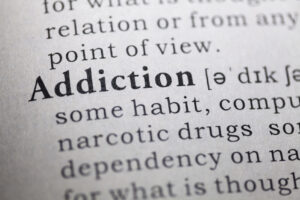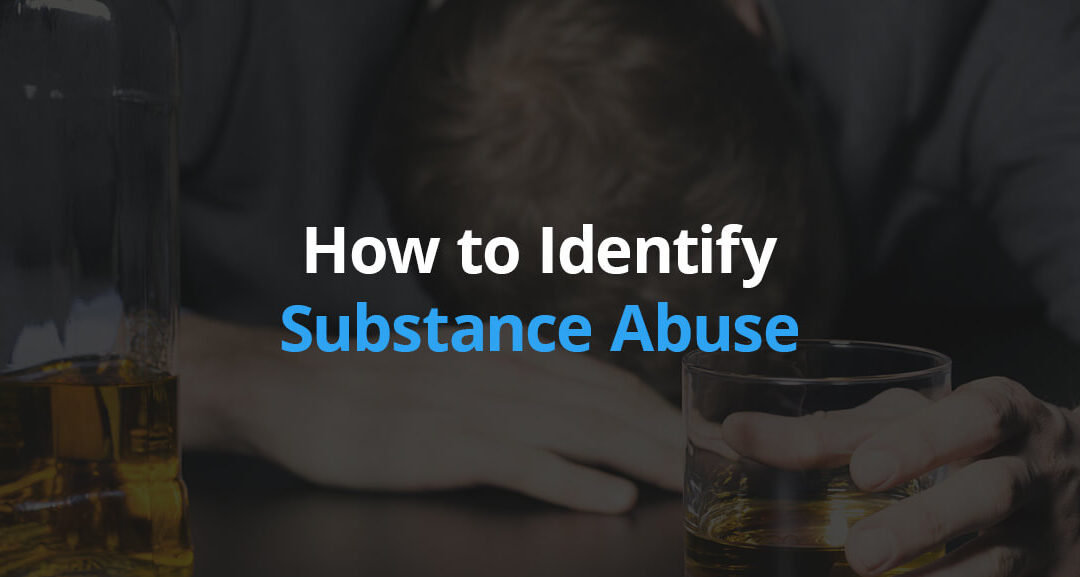Addiction is not a moral failing or a lack of self-control. Prolonged substance use or engaging in addictive behaviors changes the way your brain operates. This can make overcoming addiction feel nearly impossible. Yet, with addiction counseling and a positive outlook about your future, recovery is possible. At Merrimack Valley Psychological Associates, we provide addiction counseling services for those struggling to break the bonds of addiction.
What Is Addiction?
Addiction is compulsively using a substance or engaging in a behavior because of the rewarding effects it provides. This compels you to repeat the activity over and over, even if the consequences are harmful. Addiction also interferes with your normal brain function. Dopamine is the neurotransmitter responsible for feelings of pleasure. This chemical gets released every time you use an addictive substance or engage in addictive behaviors. Because of this reward, the synapses of your brain change and reinforce your addiction. This leads to intense cravings for that substance or activity, as your attention becomes focused on whatever you’re addicted to. Dependency is a hallmark of addiction, and at this point, it can seem nearly impossible to quit.
For many, this leads to feeling trapped by addiction, asking questions like, “Why can’t I quit drinking?” or “Why is it so hard to stop using drugs?” Seeking addiction counseling or therapy for addiction recovery can help address these concerns and provide the tools needed to break free from the cycle of addiction.
8 Common Types of Addiction
There are countless substances and behaviors that you can become addicted to. However, six common types include:
- Alcohol. Also called alcoholism, excessive alcohol consumption can disrupt a person’s life.
- Drugs. Cocaine, meth and other illicit drugs are all substances that can be highly addictive and difficult to give up.
- Marijuana. While recreational marijuana use is legal in Massachusetts and other states, dependency on this substance can still pose a risk. Some people may rely on marijuana as their only way to feel normal or comfortable.
- Cigarettes. While smoking may seem commonplace, cigarette smoking leads to hundreds of thousands of deaths every year.
- Vaping. The vaping craze has led to rampant health issues among teens and young adults because of its high nicotine content.
- Video games. If you or your teen can’t control your urge to play video games, you’re not alone. Rampant gaming can actually affect your brain’s frontal cortex.
- Digital addiction. Whether it’s staring at your phone or constantly checking social media, adults and teens can easily lose control and suffer negative consequences due to digital addiction.
- Pornography. Teenagers and adults can struggle to control the quantity of pornography they consume. Exposure to pornography early can normalize sexual violence and create unrealistic sexual expectations.
All of these fall under two broad categories — chemical addiction and behavioral addiction. Chemical addiction refers to a substance use disorder, such as alcohol or drug addiction, both of which can benefit from alcohol addiction therapy or drug addiction therapy. Behavioral addictions are persistent, repeated behaviors or activities that you compulsively pursue even if they’re harmful. Counseling services for addiction can address some of the most pervasive chemical and behavioral issues people face.
Symptoms of Addiction and Dependency
Addiction symptoms vary depending on the substance or behavior you’re addicted to. However, some common signs that could indicate you or a loved one is struggling with addiction include:
- Intense cravings.
- Complete preoccupation with that substance or behavior.
- A physical need to use a substance.
- Unease or discomfort when you can’t use that substance or engage in that behavior.
- Risk-taking.
- Difficulty managing work, school, or personal responsibilities.
- Relational difficulties with family or friends.
- Spending less time on activities you once enjoyed.
- An inability to quit.
- Withdrawal symptoms when you try to stop.
If you’re feeling trapped by addiction, addiction counseling services can help. These specialized professionals can teach you skills and strategies to address addiction and find healthier ways to cope with life’s difficulties.
Find an Addiction Counselor in the Merrimack Valley
Whether you or a loved one is struggling with marijuana use, alcohol dependence, or any other form of addiction, our addiction therapists in Andover are here to help. The team at Merrimack Valley Psychological Associates is proud to offer addiction therapy services in Andover, Massachusetts, and online.
Contact us online or give us a call at (978) 482–7351 to learn more about therapy for addiction recovery, help for substance abuse, and breaking free from addiction with our team of licensed professionals.
Reviewed By
Dr. David Rainen, PsyD.
I am a licensed clinical psychologist with an extensive background treating a variety of different ages, situations, emotional and mental health disorders in individuals and their families. As part of my 10 year professional and training career in psychology, I have developed and refined my skills and approaches through my work in a variety of diverse settings including: hospitals, community outpatient facilities, college counseling centers, secure and unsecure inpatient/residential treatment programs, and therapeutic day schools.
More From Our Blog About Substance Abuse




